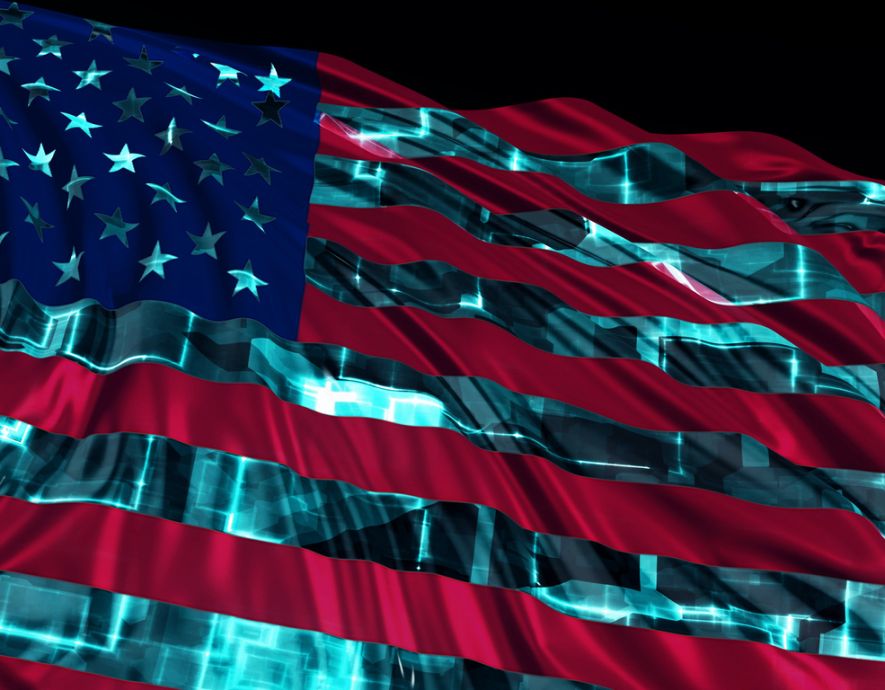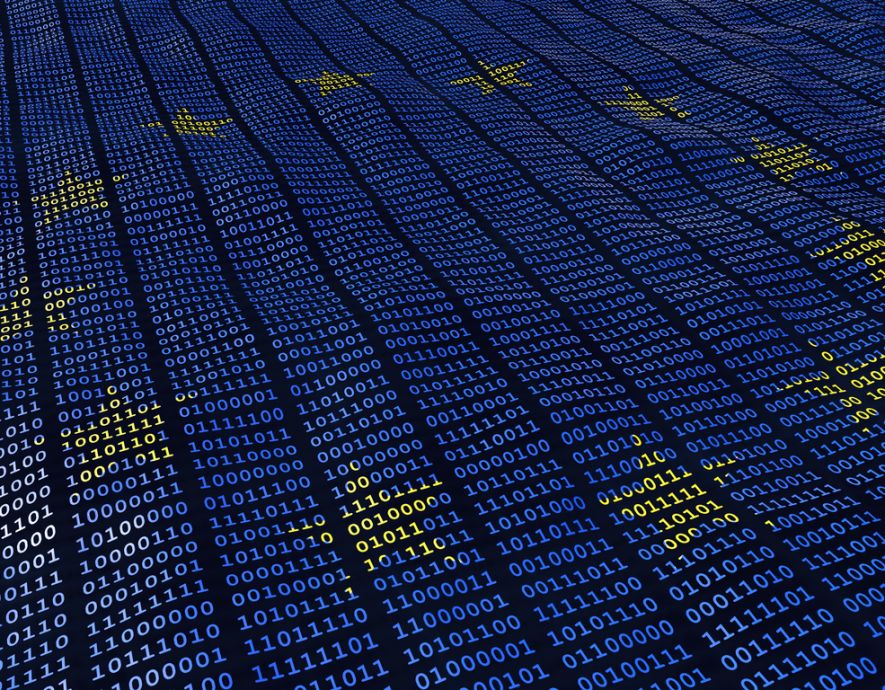
- Home
- Cyber stability
- Challenge or Opportunity: Should Chinese Tech Be Concerned About Donald Trump’s Return?
Challenge or Opportunity: Should Chinese Tech Be Concerned About Donald Trump’s Return?


Of course, China is closely monitoring the decisions of the new U.S. president regarding digital issues. “What is almost certain is that there will be no ‘reset’ between the United States and China,” says Pierre Sel, associate expert at the Asia Program of the Institut Montaigne. “We will remain in an acknowledged rivalry, and regardless of the political color of the U.S. administration, it will not be more or less sympathetic towards them.” Let’s not forget that Elon Musk, appointed as a special employee of the U.S. government, has numerous interests in China. For example, a significant portion of Tesla vehicles is manufactured at his Gigafactory in Shanghai, and China alone accounts for more than a third of his electric car sales worldwide. “In Europe, Donald Trump’s return has caused a shock,” observes Stéphanie Balme, director of CERI, the International Research Center at CNRS – Sciences Po. “But China has known for about fifteen years that it operates within a structurally conflictual relationship with the United States.” While technological competition between the two countries is nothing new, it intensified during Trump’s first term, particularly in 2018, when he launched his first economic war against China with the Huawei case, preventing Intel and Qualcomm, the American semiconductor manufacturers, from selling components to the Chinese telecom giant. The Biden administration later continued this undermining work.
Weakening by isolating oneself
The real estate mogul’s return to the White House could thus lead to an increased fragmentation of the digital world. Will China take advantage of this to strengthen its own technological ecosystem, while the United States risks weakening itself by becoming more isolated? Anticipating this shift, Beijing launched its “new quality productive forces” program just a year ago, which essentially involves recruiting 1,000 Chinese researchers trained in the United States or Europe, particularly at Paris-Saclay. “This concept aims to invest even more in already advanced technologies such as electric vehicles or chips,” explains Zhao Alexandre Huang, associate professor in information and communication sciences at Gustave Eiffel University in Marne-la-Vallée and a specialist in Chinese influence diplomacy. “Beijing is pragmatic and develops its technologies based on existing models. Their electric car battery management system, for example, comes from Tesla technology. The same applies to high-speed trains, where they first copied and then improved the systems developed by Siemens and Alstom. China could not develop these technologies on its own.”
Targeting American big tech
While during his first term, Silicon Valley leaders were fiercely opposed to Donald Trump, this time they have all supported him, including last-minute converts like Mark Zuckerberg, founder of Meta. The U.S. president’s inner circle has also become much more tech-friendly. Trump therefore has no choice but to defend American tech giants, knowing that the sector has become economically essential. As a result, China’s plan may well be to target these American big tech companies in retaliation. “Today,” observes Pierre Sel, “Chinese authorities are starting to use the same tools as the United States, such as extraterritoriality, sanctions, or embargoes on critical materials.”
Disguised protectionism
In this regard, the TikTok case is emblematic of this “love-hate” relationship between the United States and China. Initially outright banned in the U.S. by Joe Biden just two days before Donald Trump’s inauguration, the new tenant of the White House ultimately announced the controversial Chinese social network’s continued operation and the establishment of a moratorium until mid-April. “Some rapprochements between the United States and China are to be expected,” assures Stéphanie Balme. “And the way the TikTok case is resolved will set the tone for what follows. Beijing can feel quite comfortable with this transactional and ruthless approach, which, in a politically neutral sense, does not establish any lasting alliances—something that is at the heart of its own international affairs management.” China, on the other hand, views these actions as a form of disguised protectionism. “It’s mainly a political calculation,” adds Mr. Huang. “Donald Trump has seen the full value of TikTok during his election campaign. He even invited its CEO, Shou Zi Chew, to his inauguration on January 20 in Washington.” The researcher also acknowledges that there is indeed a risk of Chinese data theft from TikTok users, notably through “gold backdoors,” these “super user” accesses reserved for the Chinese Communist Party. This method is particularly used to spy on Hong Kong protesters. Just days before Donald Trump returned to the White House, China launched a new social network called RedNote (literally “Little Red Book”), which quickly gained immense popularity, especially among American TikTok users. On the evening of January 13, the platform even reached the top of the U.S. App Store ranking.
DeepSeek and the bull market
Another major event was the surprise global release of DeepSeek, the Chinese generative artificial intelligence assistant, which was significantly cheaper to develop because it was built using American ChatGPT technology. “The timing of the DeepSeek announcement is no coincidence,” asserts Pierre Sel. “It comes precisely at the moment of Donald Trump’s return to the White House and as the first phase of the artificial intelligence industry comes to an end.” DeepSeek’s breakthrough has also created a “bull market,” with a continuous rise in tech stock prices in China for several weeks. The Hang Seng Tech Index, which tracks the 30 largest tech companies listed in Hong Kong, surged by 25% during this prosperous period.
Technological duels
For years, Washington has maintained a highly conservative stance against China in their technological duels. By imposing successive sanctions on Chinese tech, the United States thought it could slow its rise. In reality, it only strengthened it. According to Pierre Sel, while American and Chinese social networks operate in separate worlds, there are numerous interactions between them. “This shows us that there will always be bridges,” he adds. “And in the broader digital field, including components and developers, there is a great deal of movement between these two ecosystems. We know that GAFAM still generates billions of dollars in annual revenue thanks to China. Chinese companies, in turn, need Western digital platforms, if only to sell their products online. Imagining a clean break between two worlds that no longer communicate, like during the Cold War, is not very realistic.”
Striking back
However, and even more so after the Covid-19 crisis, both Beijing and Washington have made it clear that they each want to control their own supply chains, particularly for their defense industries and the strategic semiconductor sector. “Both countries want the same thing,” promises Pierre Sel. “Each points fingers and accuses the other of ‘decoupling,’ but in reality, they are both responsible!” Beijing may respond by accelerating efforts to achieve self-sufficiency in this strategic sector while seeking to diversify its supply sources. Xi Jinping, in any case, seems ready to strike back. A few days after the threat of tariff hikes on Chinese goods entering the United States, China launched an antitrust investigation into Google, two months after a previous investigation targeting Nvidia, suspecting the American chip giant of violating China’s antitrust laws. The Chinese government is also reportedly preparing measures against Apple, but no sanctions have been announced yet, suggesting that Beijing sees this as leverage to dissuade Washington from launching a trade war that could have disastrous consequences.
the newsletter
the newsletter



